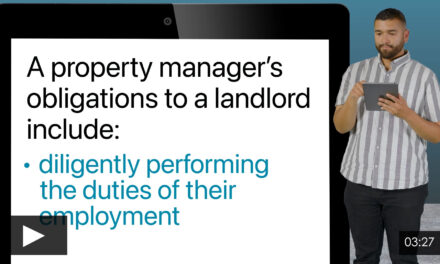Facts: A builder sold a single family residence (SFR) to a buyer. The purchase agreement included a mediation provision in accordance with the Right to Repair Act. The Act details standard mediation requirements and time frames a buyer and builder are to follow before taking legal action, but allows the builder to implement a separate mediation procedure with alternative conditions. The builder’s mediation provision in the purchase agreement required the buyer to first submit notification of construction defects to the builder for repairs before bringing legal action against the builder. The buyer later discovered construction defects in their home and immediately filed a lawsuit against the builder.
Claim: The builder sought to enforce the buyer’s compliance with the mediation provision, claiming the buyer was required to first notify the builder of the defect and complete mediation procedures before filing a lawsuit since the buyer agreed to the mediation provision in the purchase agreement in compliance with the Act.
Counter claim: The buyer claimed the mediation provision was not enforceable since it did not adhere to the Act’s standard mediation procedure requirements and time frames, denying the buyer some of the benefits outlined by the Act.
Holding: A California court of appeals held the builder’s mediation provision was enforceable since the Act permits a builder to implement an alternative mediation provision and does not stipulate specific requirements or time frames for those mediation procedures so long as they are fair and enforceable, which the buyer agreed to in the purchase agreement. [McCaffrey Group, Inc. v. Superior Court of California, County of Fresno (March 24, 2014)_CA4th_]
Editor’s note – The court found the builder’s alternative mediation provision was not a contract of adhesion, as there was no element of oppression or surprise. The terms conformed to the buyer’s reasonable expectations and were not unduly oppressive or one-sided. Instead, the builder’s alternative mediation provision afforded the developer an opportunity to conduct repairs and enter into nonbinding mediation with the buyer in the event of a construction defect, avoiding costly litigation.
Related article: Mediation: best, faster dispute resolution













